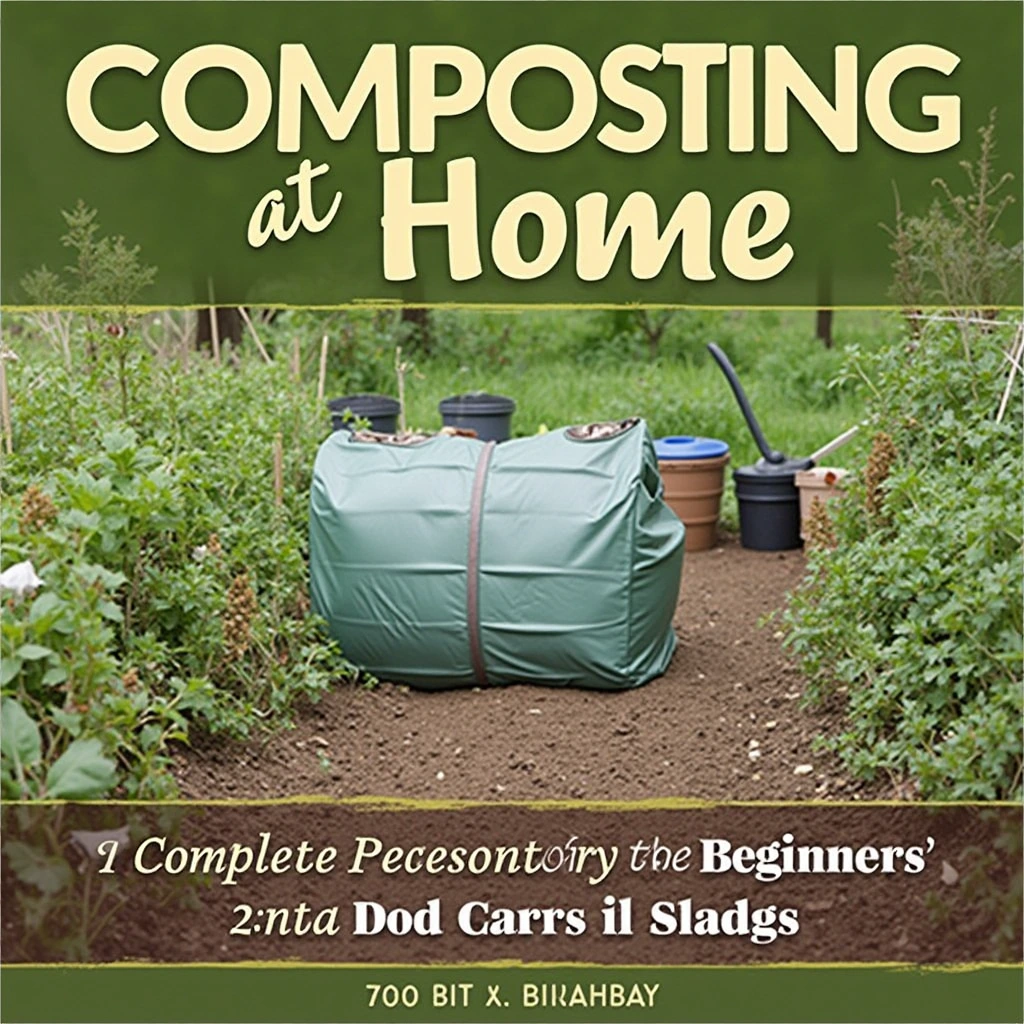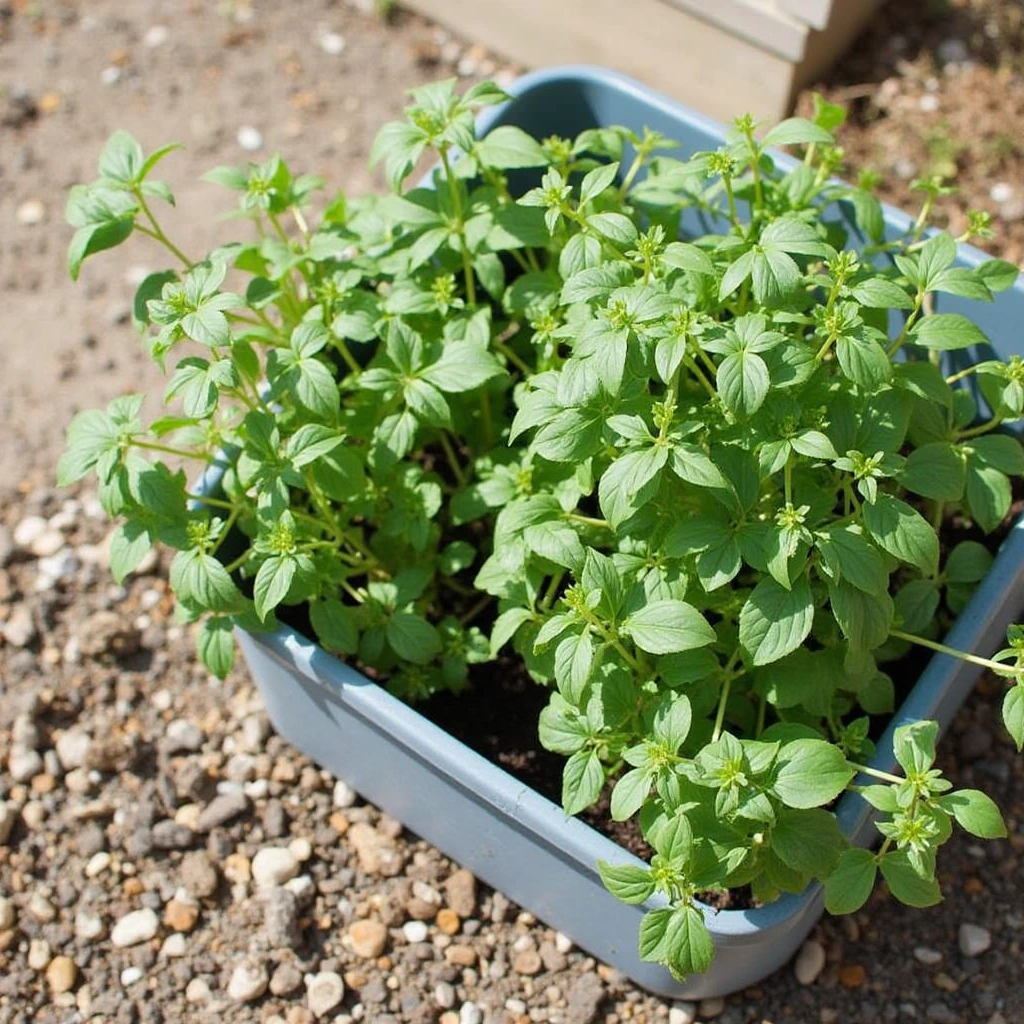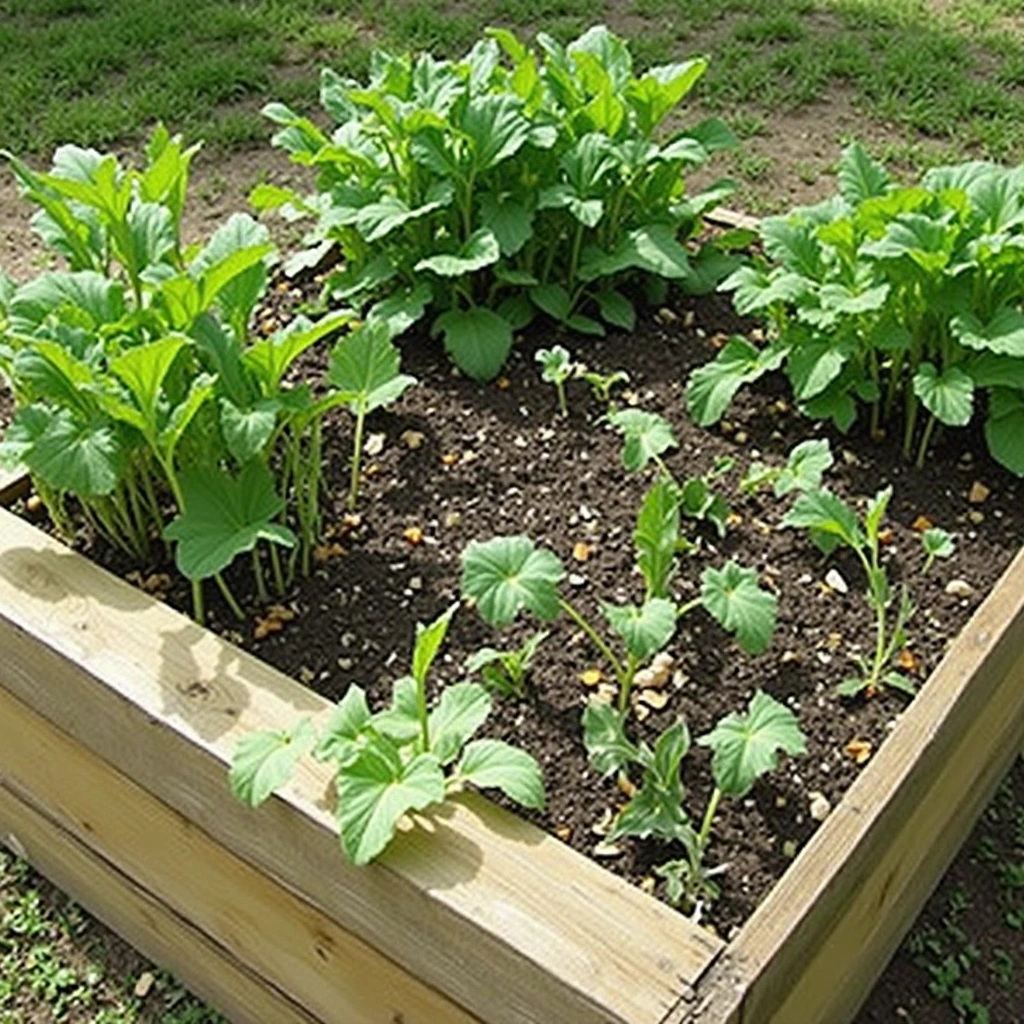Composting at Home: A Complete Beginner’s Guide
Composting is one of the simplest and most powerful ways to live sustainably. It transforms everyday kitchen scraps and garden waste into nutrient-rich soil that boosts plant growth, reduces landfill waste, and helps the environment. Whether you live in a small apartment or have a large backyard, learning how to compost at home can completely change how you manage waste.
![]()
1. What Is Composting?
Composting is a natural process where organic materials like fruit peels, vegetable scraps, leaves, and coffee grounds decompose into a rich, dark soil-like material called compost. Microorganisms such as bacteria, fungi, and worms break down these materials into a nutrient-dense fertilizer that can be used in your garden or indoor plants.
Instead of throwing organic waste into the trash, composting turns it into “black gold” — a valuable resource for your plants and the planet.
2. Why Composting Matters
- Reduces Waste: Up to 30% of household waste can be composted instead of going to landfills.
- Improves Soil Health: Compost enriches soil, improves drainage, and promotes healthy plant growth.
- Decreases Carbon Footprint: Composting cuts down methane emissions from landfills.
- Saves Money: You spend less on fertilizers and waste disposal.
- Supports a Circular Economy: Waste becomes a resource rather than a problem.

3. Choosing the Right Compost Bin
You don’t need fancy equipment to start composting, but having the right container helps. Here are your options:
- Outdoor Compost Bins: Perfect for backyards. Tumbling bins are great for quick aeration and mixing.
- Indoor Compost Bins: Ideal for small spaces or apartments. Use airtight bins with carbon filters to control odor.
- DIY Compost Pile: If you have space, simply pile your compost materials in a corner of your yard and turn it regularly.
4. What to Compost (and What to Avoid)
Successful composting depends on maintaining a good balance of “greens” (nitrogen-rich materials) and “browns” (carbon-rich materials).
✔ Green materials:
- Fruit and vegetable scraps
- Coffee grounds and filters
- Tea bags (without plastic)
- Fresh grass clippings
- Plant trimmings
✔ Brown materials:
- Dry leaves and twigs
- Shredded newspaper or cardboard
- Sawdust (from untreated wood)
- Paper towels and napkins (unbleached)
✘ Avoid adding:
- Meat, bones, or dairy products (attract pests)
- Oily or greasy foods
- Pet waste or diseased plants
- Plastic, glass, or metal

5. Balancing Carbon and Nitrogen
The golden rule of composting is balance. Too many greens make the pile smelly and wet, while too many browns make decomposition slow. A good ratio is about 2 parts brown to 1 part green. Every time you add fresh kitchen scraps, cover them with dry leaves or shredded paper to keep the pile balanced and odor-free.
6. Maintaining Your Compost
Composting is simple, but it still needs a little care. Here’s how to maintain it:
- Turn the pile: Mix your compost every 1–2 weeks to aerate it and speed up decomposition.
- Keep it moist: Compost should feel like a wrung-out sponge — damp but not soggy.
- Monitor the temperature: A healthy compost pile can reach up to 65°C (150°F). This means microbes are active and breaking down materials efficiently.
7. Dealing with Odor and Pests
If your compost smells bad, it usually means there’s too much moisture or not enough air. Add more brown materials like leaves or cardboard and turn the pile more often. For pests, keep your bin covered and avoid adding cooked food or meat. A healthy compost system should have an earthy smell, not a rotten one.
8. How Long Does Composting Take?
Depending on your method and conditions, composting can take anywhere from 2 to 6 months. Tumblers work faster because they provide better aeration, while traditional piles take longer. When ready, your compost should look dark, crumbly, and smell like fresh soil.

9. Using Your Finished Compost
Once your compost is ready, it’s time to reap the benefits. You can use it to:
- Enrich garden soil before planting vegetables or flowers
- Mix into potting soil for indoor plants
- Top-dress lawns and trees for extra nutrition
- Boost soil structure and water retention in raised beds
Compost naturally improves soil health and increases the beneficial microbes that help plants absorb nutrients efficiently.
10. Common Composting Mistakes to Avoid
- Overwatering: Too much moisture slows decomposition and creates bad odors.
- Neglecting to turn: Without oxygen, compost becomes anaerobic and stops breaking down properly.
- Adding non-organic waste: Plastics, glass, or treated wood can ruin your compost.
- Not balancing greens and browns: Always aim for a 2:1 ratio.
Conclusion
Composting at home is a rewarding habit that saves money, reduces waste, and improves your garden’s health. Once you start, you’ll realize how much organic material your household produces — and how easily it can be recycled into something valuable. With the right mix, moisture, and maintenance, your compost pile will thrive, turning yesterday’s waste into tomorrow’s garden gold.
Start small today — your plants, wallet, and planet will thank you!